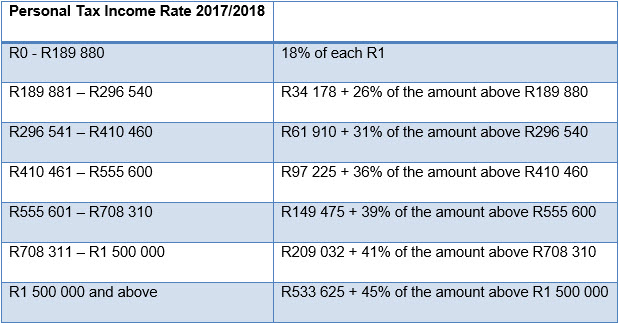
If a prospective homeowner has not kept up to date with their credit bureau reports, they may be in for a surprise when they apply for finance. According to Adrian Goslett, Regional Director and CEO of RE/MAX of Southern Africa, a large number of potential buyers are referred by their estate agents to attorneys, if they have a blacklisting against their name that is preventing them from obtaining a bond.
Goslett says anyone who has ever applied for credit will be listed with the various credit bureaus. Any credit provider that subscribes to a credit bureau will have access to the applicant’s credit history. The majority of companies and financial institutions assess their risk based on the information provided by the credit bureaux. If there is any negative information on the applicant’s credit history, it is highly unlikely that they will be approved to receive finance. This emphasises the importance of checking one’s credit reports on an annual basis.
“In some instances, the buyer has already been home shopping and found the home they want to buy, only to be turned away from the bank because of a blacklisting against their name. It is possible for the buyer to rectify the situation and clear their name so that they don’t lose the property to another buyer. However, this will depend on the blacklisting against their name,” says Goslett. “Removing a blacklisting can be an arduous, drawn-out process which differs from one case to the next depending on the circumstances. How long the process will take to rectify will depend on the parties involved, type of blacklisting and possibly the courts, in the case of a judgment.”
According to Goslett, a default is a listing of a party who has failed to pay a creditor an outstanding amount. A default or adverse listing will remain on someone’s credit record for two years. If the debt has been settled, a request can be made by the creditor to the bureaus to amend the listing to reflect that the outstanding debt has been paid in full. “As a golden rule, when settling an outstanding debt with a creditor that has listed a default against you, obtain in writing that they will amend or remove the listing. It is also advisable to seek legal advice from a specialist consumer law practitioner who can provide guidance and a clearance service,” advises Goslett.
A judgment is more complex than a default listing, as it is a court order compelling the defaulting party to pay a debt. A Magistrates Court will deal with matters up to R100 000, while any debt that exceeds R100 000 will fall under the jurisdiction of the High Court. If the debt is not settled, it will remain on the credit profile for five years before it is automatically removed. In order for the judgment to be removed from a credit profile before the five year period has lapsed, the New Credit Regulations provides that the debt must first be settled. Once settled, an attorney can then apply to have the judgment rescinded. The creditor will need to provide their consent before the judgment can be rescinded.
Goslett says that keeping a clean credit record is less costly and time-consuming than dealing with adverse credit information. He provides prospective homebuyers with tips to avoid blacklistings:
• Read all clauses before signing a contract with a creditor
• Make regular payments to creditor by the 7th of each month
• Keep a list of all creditors, the basis of credit and amount to be paid
• Keep a record of all payments made to creditors
• If you relocate, notify all creditors of the change of address
• Attend to all correspondence from creditors or their legal representation
• If you are unable to pay your creditors, make a written arrangement to restructure the payments where possible.





















